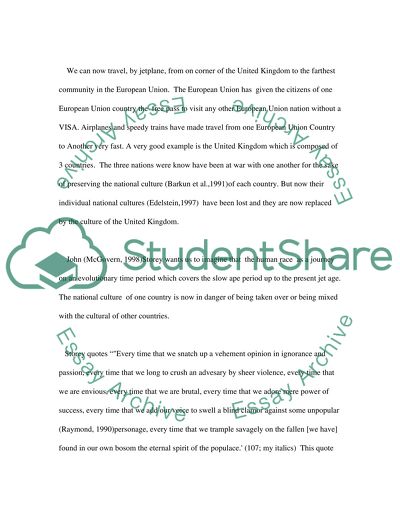Cite this document
(“International strategic human resource management Essay”, n.d.)
Retrieved from https://studentshare.org/miscellaneous/1523955-international-strategic-human-resource-management
Retrieved from https://studentshare.org/miscellaneous/1523955-international-strategic-human-resource-management
(International Strategic Human Resource Management Essay)
https://studentshare.org/miscellaneous/1523955-international-strategic-human-resource-management.
https://studentshare.org/miscellaneous/1523955-international-strategic-human-resource-management.
“International Strategic Human Resource Management Essay”, n.d. https://studentshare.org/miscellaneous/1523955-international-strategic-human-resource-management.


